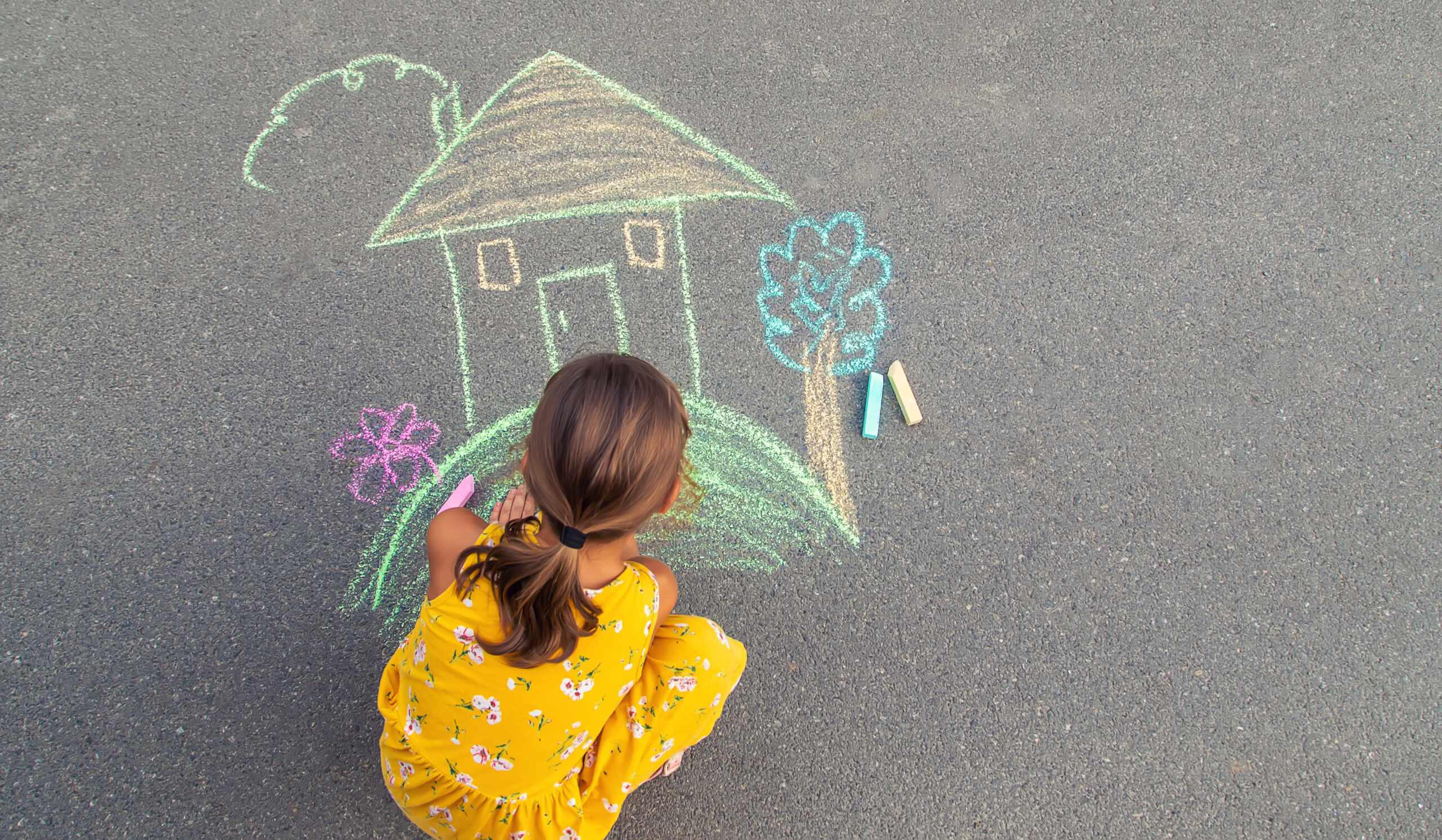
By Keith Cooper
Here’s three bits of news you might have missed amid the Christmas hubbub – and a New Year’s resolution to consider which won’t break the bank.
The first snippet is an update to homelessness guidance, unveiled mid-December by homelessness minister Felicity Buchan in a tweet. “All temporary accommodation must be safe and suitable for households with babies, including enough space for a cot,” it said. “We will be making this absolutely clear to all councils in our guidance.”
The second is that official records of child deaths in England must now state whether they died in temporary accommodation. Until recently, information about their housing situation was only added ad hoc to the statutory reporting forms of the National Child Mortality Database.
The third is a Shelter Scotland project to quiz kids about their experience of temporary accommodation. More on the worth of this and a related resolution later on.
All of the above signal that in 2024 there will be a much-needed focus on children in temporary accommodation, of which there were 139,000 at that last official count in June.
Ms Buchan and the officials at the Department for Levelling Up, Housing, and Communities have accepted that the standard of temporary accommodation for some children is harmful and can be fatal for babies. They admit that homeless families have been placed in rooms which are too small; that this has forced parents to share beds with their babies; and that shared sleeping is linked to sudden infant child death syndrome.
That’s quite an admission to make.
The plan for new guidance was greeted with some understandable scepticism from charities which support homeless families. They wonder whether revised guidance will make any real difference when suitable accommodation is in such short supply.
The drive to reduce infant deaths in unsuitable temporary accommodation is of course welcome but should be the first step towards addressing its other harmful effects.
Evidence of these have been most recently collected by The Champions Project, the research team commissioned by Shelter Scotland. Its previous work in England found that the development of children in temporary accommodation is stunted for want of a good night’s sleep and space to play.
Play is as essential to development in children as a cot is to safer sleeping for babies. It’s the means by which they learn how to think, communicate and interact in the world. The Champions Project’s most recent study, A Place to Play: Children’s Play Needs in England’s Temporary Accommodation, found kids in rooms with no floorspace to roll, crawl or play. They found toddler-aged children unable to toddle and kids joining school without the basic skills that they need.
A good night’s sleep is essential to child development, says Monica Lakhanpaul, a consultant paediatrician and principal investigator on the project. But many don’t get one. They’re too often on edge when it’s time for bed. They might be worried about moving again or scared of the noises from neighbours or around the corridors of their housing blocks.
These seem like big problems, requiring resources which are well out of reach. But even small things can help, the researchers behind the Scottish project have found. To know what these are, they’re going to be asking the kids. They might just have a better idea than the politicians.
“Some of the children we’ve spoke to already say that they just want a teddy or a blanket,” Prof Lakhanpaul says. “This sounds trivial, but it isn’t from a child’s perspective,” she adds. “It means something to them, gives them a sense of security and is something they can take with them when moved around.”
This leads to a resolution we could all consider this year: what small thing could you do to help children in temporary accommodation? It might not have to be much.
***
Read Keith Cooper’s feature on the temporary accommodation crisis from the latest issue of Housing Quality Magazine here.





